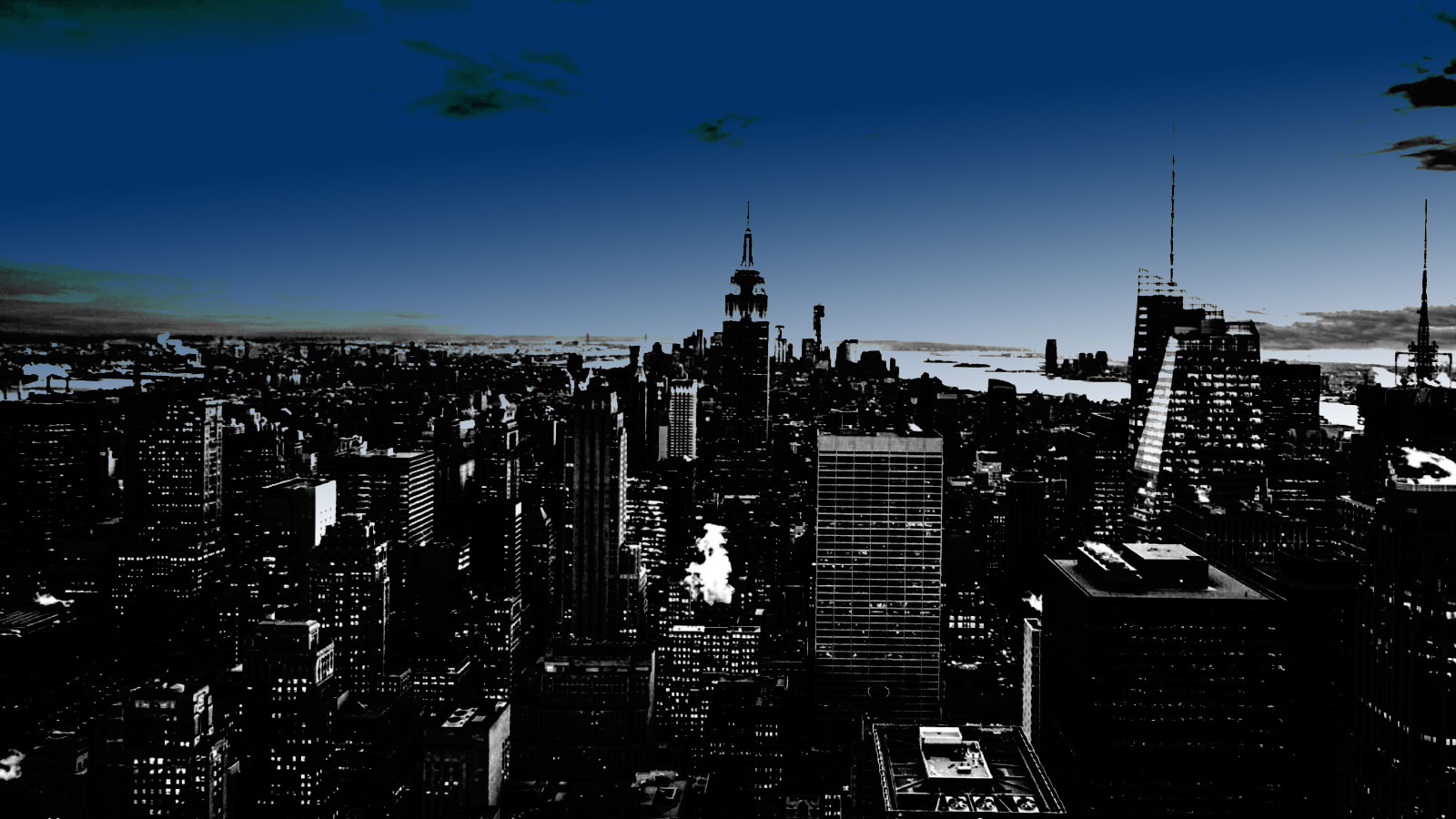Swiss vote on renewable energy plan for 2050 carbon neutrality
Written by worldOneFm on June 9, 2024
GENEVA — Swiss voters were expected to approve in a referendum Sunday a law aimed at accelerating the development of renewable energy as the country aims for carbon neutrality by 2050.
According to the final opinion polls published in May, 73% of voters are set to approve the law on “a secure electricity supply based on renewable energies.”
Less than two months ago Switzerland became the first country ever to be condemned by an international court for not doing enough to combat climate change, in a ruling by the European Court of Human Rights.
The new law was approved by parliament last year, and most environmental organizations back the legislation and its ambitions.
However, a few smaller environmental groups that oppose it managed to garner enough support to trigger a referendum.
They fear it will fast-track large-scale energy projects and see Switzerland’s pristine Alpine landscapes plastered in wind turbines and solar panels.
They also deplore limitations on the possibilities for local residents to launch appeals against the construction of new renewable energy installations.
Retired economist Pierre-Alain Bruchez, who spearheaded the referendum push, said there was “no reason to put solar panels on mountain pastures, when there is so much space” on buildings.
He launched the battle after learning of the Grengiols-Solar project, aimed at installing around 230,000 solar panels in the mountainous Wallis canton, at an altitude of 2,500 meters, calling it a “vision of horror.”
Largest party opposes law
Switzerland’s largest party, the hard-right Swiss People’s Party (SVP), supports the referendum, above all in the name of defending civil nuclear power, which provided 32% of total energy production last year.
The SVP thinks renewable energies do not guarantee energy security due to their fluctuating nature.
The law is backed by major nongovernmental organizations such as Greenpeace and the World Wide Fund for Nature.
It aims to boost wind and solar power’s current minuscule contribution to Switzerland’s energy mix and rapidly increase hydro power production so that the wealthy landlocked country is less dependent on importing electricity.
The law envisages installing solar panels on building roofs and facades.
It also eases planning conditions for wind turbines and large solar installations.
The government acknowledges that court appeals against large energy projects “will probably be less likely to succeed than before.”
But it stressed that projects would be examined on a case-by-case basis and constructing large installations in “biotopes of national importance” and migratory bird reservations will remain outlawed, albeit with some exceptions.
The law also outlines 16 hydroelectric projects, a sector which last year represented 57% of national electricity production. These involve building new dams or heightening existing ones.
Votes on health issues
Under Switzerland’s direct democracy system, citizens can trigger nationwide votes on topics by collecting 100,000 valid signatures within 18 months. Voting takes place every three months.
Most voters have cast their ballots in advance by post for Sunday’s referendum, with polling stations only open until noon (1000 GMT) and results expected later in the day.
National votes are also taking place on three popular initiatives — topics proposed by the public — linked to health.
One aims to cap health contributions at 10% of income, while another is also aimed at limiting health costs.
A third, against the backdrop of the COVID-19 pandemic, does not mention vaccinations but demands a patient’s consent be obtained for invasive procedures that may affect their physical or mental integrity — and that a person who refuses consent may neither be penalized nor disadvantaged.
At the cantonal level, in the Geneva region, a vote is taking place on whether to ban the exhibition or wearing of symbols of hatred, in particular Nazi symbols, in public spaces.
Geneva residents will also have to decide on whether to repeal a provision preventing nursing homes from refusing to allow assisted suicide on their premises.
By Agence France-Presse







